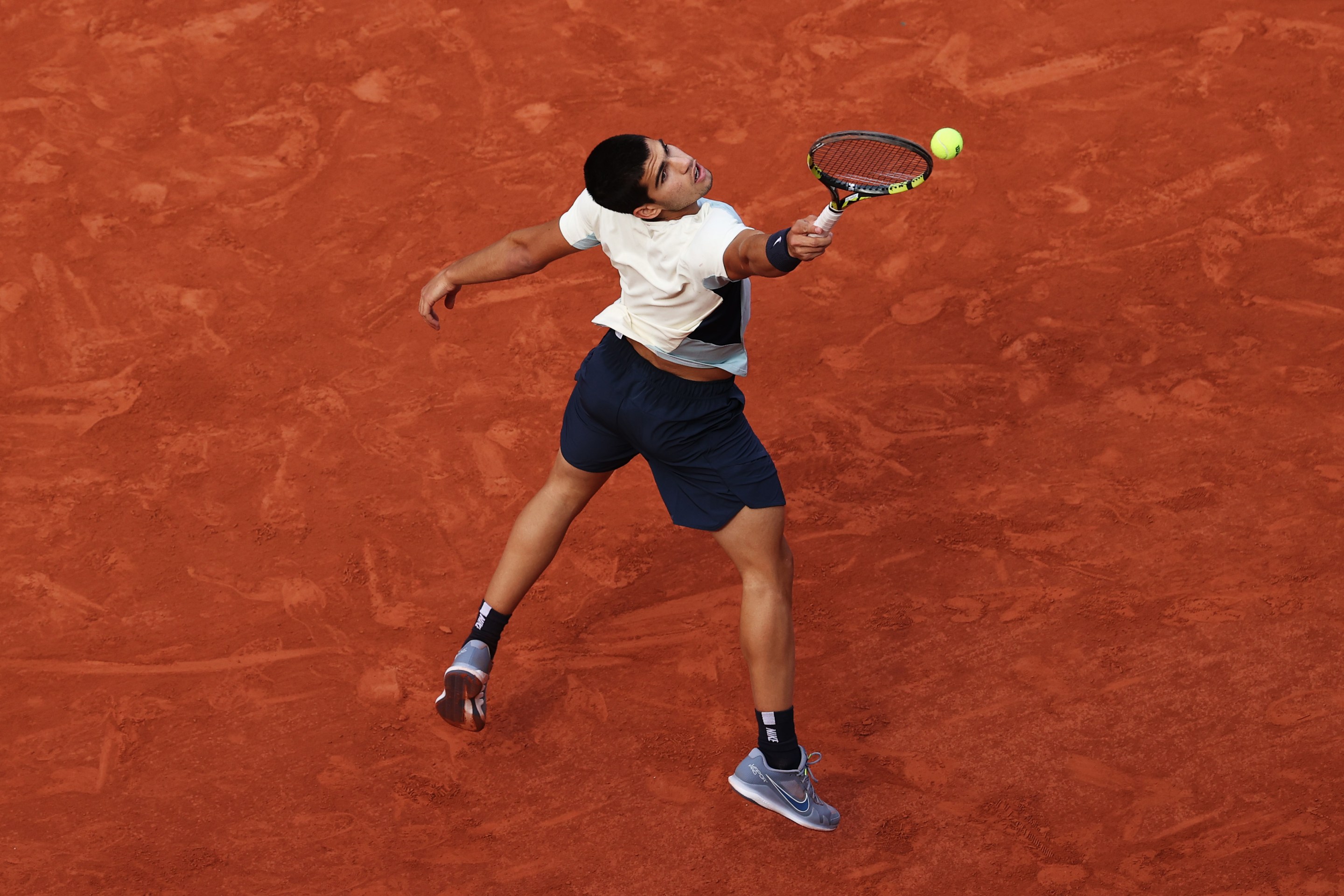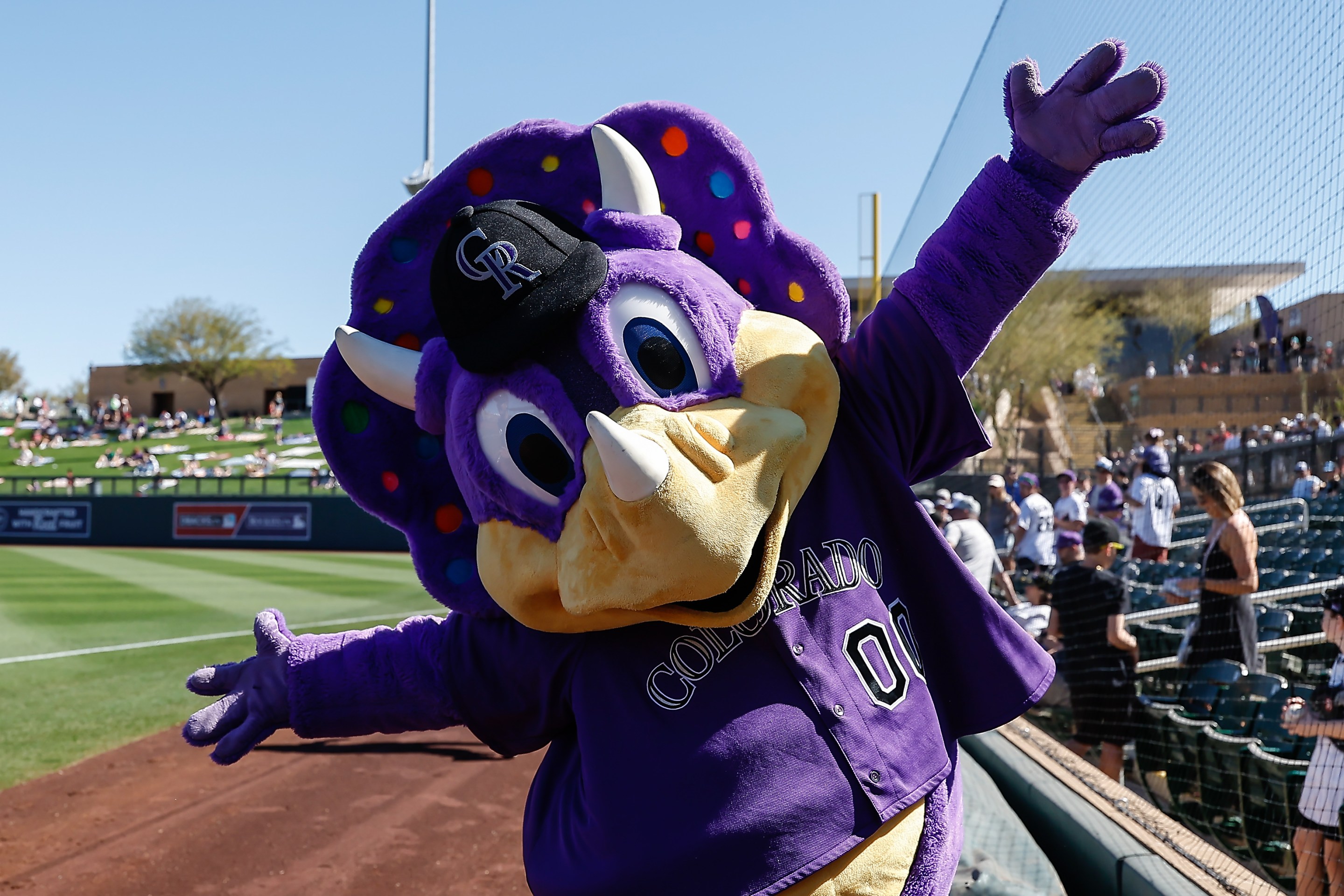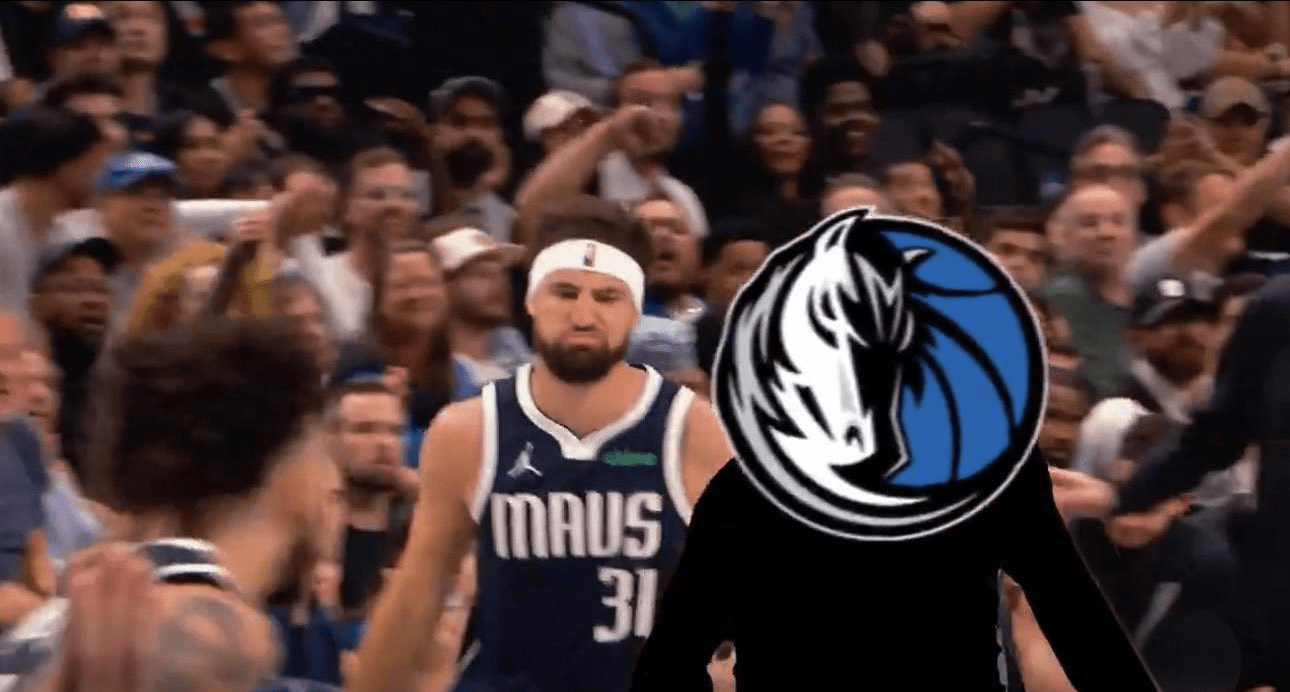I had been already looking ahead to the next round. There was little reason to doubt Carlos Alcaraz, the current future of tennis, in his French Open quarterfinal against Sascha Zverev, the old future of tennis. While Zverev is technically the the No. 3 seed to Alcaraz's No. 6, official rankings don't always keep pace with reality. Carlitos was coming off a 14-match win streak. Just three weeks ago, in Madrid, he'd knocked Zverev off the court like excess clay off his sneaker treads, losing just four games in their final. Alcaraz had already gotten his nerves out in a dodgy five-setter in the second round. Since then, the 19-year-old had strung together six straight sets against sturdy competition, a return to his usual tour-best form. And meanwhile, Zverev for all his accolades, still had one horrifying cold streak to overcome: Across his career, the 25-year-old is 0-11 when facing top-10 players in a major tournament. He beats them elsewhere, but can't do it in a best-of-five. Alcaraz at his present level would seem the worst possible collaborator for breaking that nasty trend.
Denial is a powerful drug. Even as the scoreboard ran steadily in the other direction, I remained convinced that Alcaraz would win. That's how strong his season has been, and, perhaps more to the point, that's how much more I was invested in his storyline at this tournament than that of Sascha Zverev, a known quantity. Reality overcome denial two sets in. Zverev played phenomenal tennis. His legs held up well in these quad-melting long baseline rallies; his speed was enough to hunt down Alcaraz's persistent drop shots. His backhand was unassailable. And even his second serve, notorious for malfunction under pressure, did not abandon him this time, as he won a decent 58 percent of points behind it. Time after time I envisioned a double fault that just never materialized. Late in the fourth, with Carlos sniffing a break opportunity, he sent one second delivery 129 mph for good measure. As a crowd love and match momentum shifted fully in favor of Alcaraz, Zverev stayed low and produced some of the finest shots of his season—
Zverev (🎥@eurosport) pic.twitter.com/Z6Z3d5MKfV
— doublefault28 (@doublefault28) May 31, 2022
—winning 6-4, 6-4, 4-6, 7-6(7). This match is both a check on the high expectations for Alcaraz and a bump to relatively low expectations for Zverev. He's been around for a while, but by the aging curve of most tennis players, he's only now entering his physical prime. And while his game rarely surprises you, it's no less efficient. While Zverev might lack the versatility and dynamic range of Alcaraz—the range from 100 mph forehand and drop shot, the threat of each deepening the damage of the other—you can still get pretty damn far on this tour with a huge serve and big groundstrokes. He's old news, but old news is still 6-foot-6 with excellent technique and lateral movement. Afterwards, Zverev said he'd been "shitting his pants" as Carlitos began to bend the match his way, and that he was happy to have a decent look at the title here before that becomes impossible: "I hope I can win it before he starts beating us all and we will have no chance at all.”





